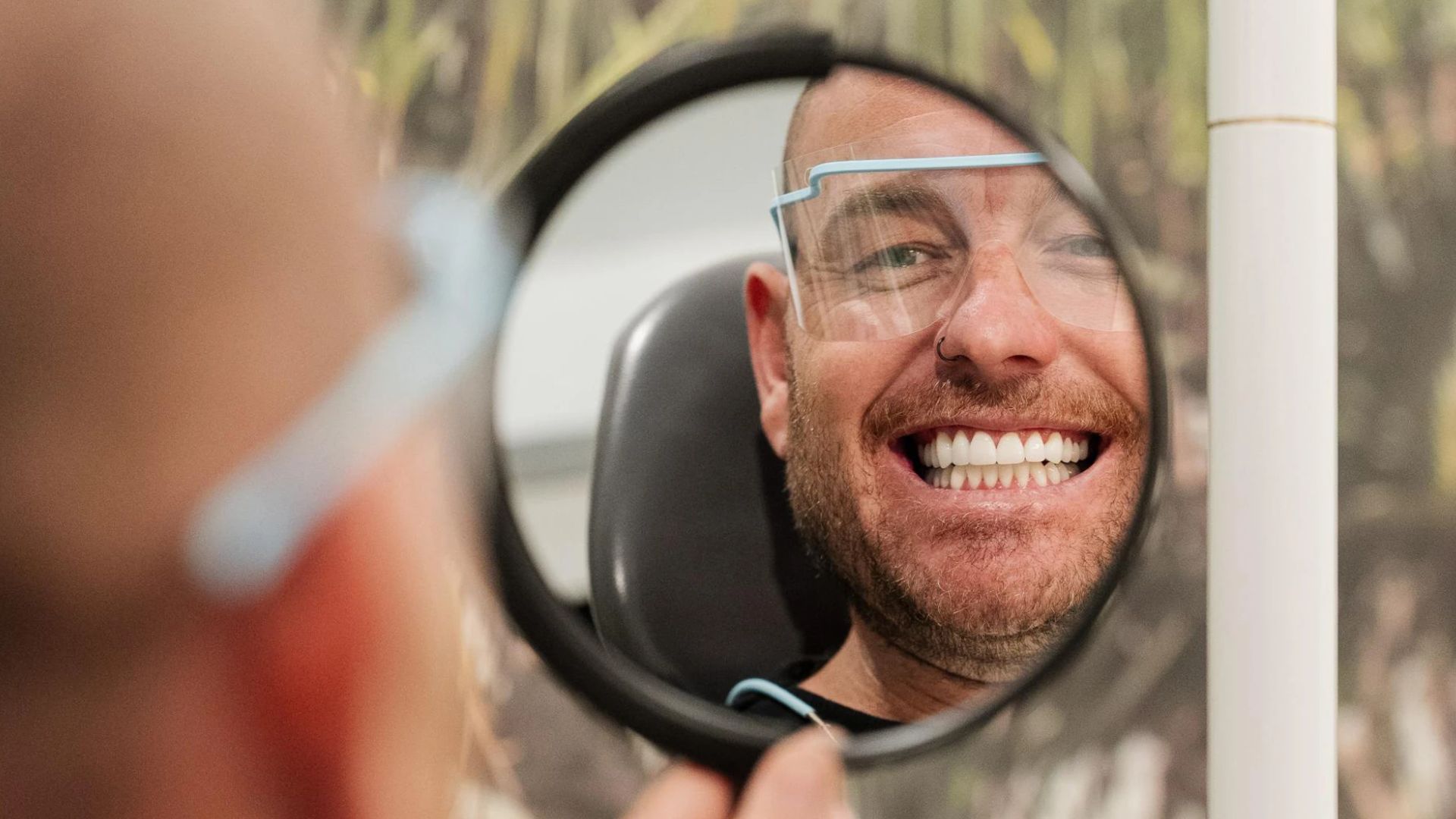Visiting the dentist is often a nerve-wracking experience for a lot of people but we are here to tell you that it shouldn’t have to be. One of the most-feared procedures is tooth extractions. To put it simply, a tooth extraction is when you need to get one, or multiple teeth removed from your mouth. There is a variety of reasons why you may need a tooth extraction, those of which we will get into later. Although getting a tooth removed from your mouth may sound scary, today we are breaking down the procedure so that you can rest assured that tooth extractions are nothing to be worried about.
Tooth Extractions Don’t Have to be Scary

A common fear of people who need a tooth extracted is that it will hurt. Dentistry has come an incredibly long way over recent years and what was once a more difficult, uncomfortable procedure is now simple and practically pain-free. It’s natural to think that something like this would be painful, but don’t worry—our dentists are highly experienced and know exactly what they’re doing. At the beginning of the procedure, your dentist will numb the area with a local anaesthetic. This means that throughout the procedure you won’t feel much at all, maybe just some gentle pressure occasionally.
Afterwards, you might experience some discomfort for a day or two while healing takes place but nothing basic Panadol won’t help. Otherwise, everything should be fine with no further intervention needed on our part once treatment ends.
Why do people need to get their teeth extracted?

Extractions are performed for a wide variety of reasons. Tooth decay, root infection and pain due to gum disease are common reasons that a dentist might recommend an extraction. If you’ve been living with a painful toothache or experiencing regular discomfort as the result of sensitive teeth, you may also want to talk to your dentist about getting your teeth extracted if they’re damaged beyond repair or no longer function properly.
It’s important to remember that your dentist will only suggest a tooth extraction if it is required and can’t be fixed with any other treatment. If you get regular, six-monthly dental checks as suggested by our dentists, any issues can be caught early and rectified, minimising the chance of needing a tooth extraction. However, in some cases a tooth extraction is unavoidable. For example, when wisdom teeth come through, the majority of people need to get them removed.
No matter the reason, we understand that tooth extractions make many people nervous. That’s why we are proud to be able to offer sleep dentistry options to ensure you’re comfortable during your procedure. At Mermaid Smiles we offer Happy Gas as well as Twilight Sedation which is managed by an anaesthetist. Happy Gas is the lighter option of the two, wearing off immediately after the treatment whereas Twilight Sedation is stronger, which may cause you to have no recollection of the visit despite being conscious throughout the procedure. More information about each of these sedation methods can be found here.
How to Know if You Need a Tooth Extraction

There is no way to be able to diagnose yourself when it comes to needing a tooth extraction, you will need to visit your dentist to get a professional opinion and an x-ray. Signs that there may be an issue with your teeth are persistent toothaches that don’t seem to pass. When these toothaches begin, make sure to book in with your dentist as soon as possible. From here they will be able to find the issue and rectify it, eliminating the pain.
What is the process like?

Extractions are typically performed in a dentist’s office under local anaesthesia, where the area is numbed. A small hole may be made in the gum tissue over your tooth, and then a small tool called an elevator is used to separate the tooth from its socket. The dentist will then use another tool called extraction forceps or luxator to gently pry out the tooth, giving it a little twist as they pull.
Once your tooth has been removed, you’ll need post-operative care; this means keeping a dry gauze pad on your gums for 30 minutes and taking pain relievers as prescribed by your doctor. You may also be given antibiotics to prevent infection. Your dentist will provide full instructions about caring for yourself after an extraction so that it heals properly without complications or discomfort. These instructions may differ from case to case depending on what type of extraction it was and your personal history.
What happens after the procedure?
- You may be given antibiotics to prevent infection. This is especially important if your dentist extracted many teeth or if you have other health conditions, such as diabetes or heart disease.
- You may need to take pain medication. Your dentist will give you the option of using over-the-counter painkillers, prescription medications, or both. If you don’t have any painkillers on hand at home and are having trouble coping with the pain, let your dentist know about it so that they can prescribe something for you.
- You will likely have a few days of restricted activity after your extraction surgery has been completed (usually three days for wisdom teeth). During this time frame:
- Do not drink alcohol—it can interfere with healing.
- Avoid smoking tobacco products because they irritate oral membranes and cause dry mouth (which increases susceptibility to infection).
- Limit yourself to soft foods until real healing begins; then gradually reintroduce solid food into your diet while still avoiding hard foods like ice cubes or nuts until fully healed.
- Once fully recovered, you may wish to look into options to replace the missing tooth to prevent surrounding teeth from moving and to restore functionality. These options may include a removable plate, a porcelain bridge, or an implant.
In summary, there is absolutely no need to fear tooth extractions. While you think that they are scary, in reality, they’re not that bad. You’ll have a better understanding of the process and what to expect after consulting with one of our expert dentists here at Mermaid Smiles. If you have any questions or are experiencing any pain from your teeth, book in your appointment with us today.








